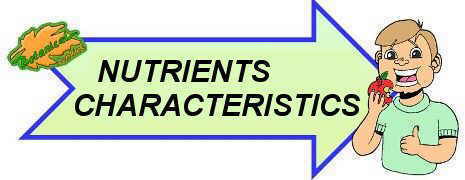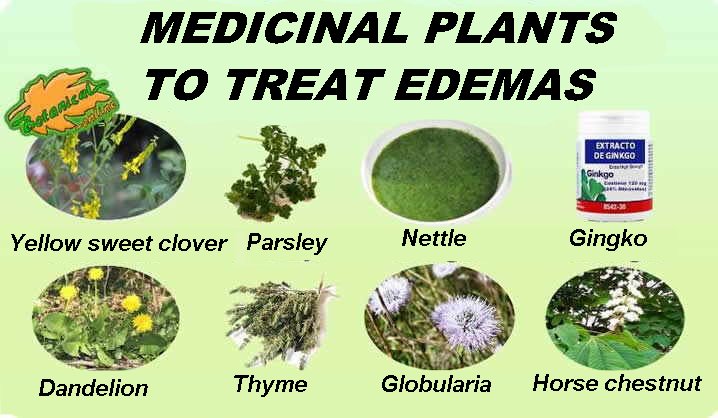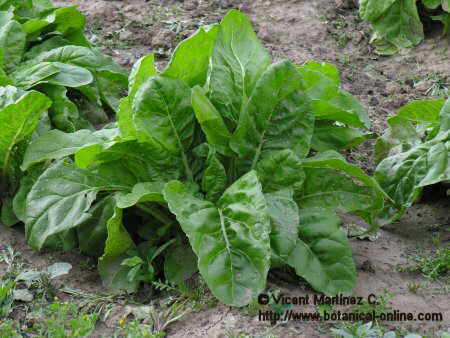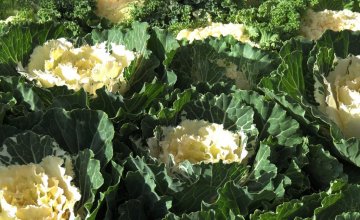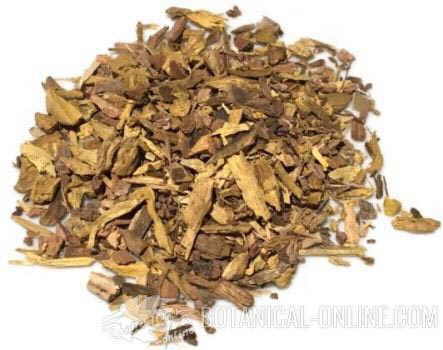Why should children eat good proteins
IMPORTANCE OF PROTEINS FOR CHILDREN
What are proteins?
Proteins are nutrients that come from plant food or animal food, the latter being richer in them than the former.
What are proteins for?
- Proteins mainly give us strength, help us grow and give us a bigger and stronger muscles.
- Protein also helps to maintain the defenses, protecting us from disease.
- They also keep many parts of our body in good health. For example, they are very important for healthy skin and beautiful and strong hair.
Where do we get proteins from?
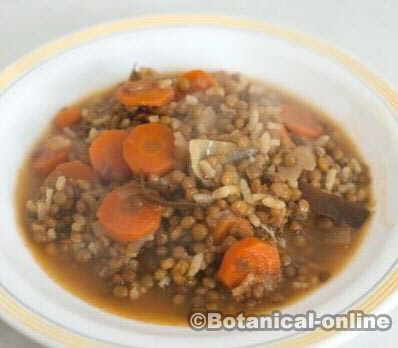
Lentils with rice. Proteins in legumes, such as lentils, are not complete, so they must be combined with other vegetable food, such as cereals, to get “complete proteins” Lentils with rice is a good combination to obtain complete proteins without having to eat food from animal origin, such as meat, eggs, etc
Most of proteins we get come from eating foods such as meat, fish, eggs, milk, yoghurt and cheese.
Legumes and cereals are also rich in proteins. Among them we have soy, beans, chickpeas, lentils, etc. Among cereals we have, for example, wheat, oats, barley etc.
Types of proteins
We distinguish two types of protein:
- Animal protein: It is said that animal proteins are “complete” because they contain all the principles needed to be sufficient by themselves. (They have all the amino acids). For example, a calf piece contains all the necessary proteins.
- Vegetable protein: Plant proteins are not as complete and we need to mix different plant foods to complete. (They are deficient in some amino acids). Vegetarian people need to mix vegetables with cereals for proteins to be complete, for example, a dish of lentils and rice gives us the complete proteins needed.
How much protein should we eat every day?
Within proteins, meat, fish and eggs should be part of the main meals. They need a daily alternate consumption.
We require from 2 to 3 servings of meat or fish or eggs
How much protein should boys or girls eat?
- For children aged 3 to 6, servings of these foods should be a little more than half of the portion of an adult.
- For children from 7 to 8, servings would be about a third less than that required for an adult
- For teens, the rations would be a third more than the ration of an adult.
Recommendations on protein intake
When eating foods rich in protein, it is recommended:
– Increase consumption of fish versus meat. Either oily fish (Sardines, salmon, tuna, etc..) or white fish (cod, sea bass, monkfish, etc..).
– We should choose white meat rather than red meat , so chicken, turkey or rabbit should be best considered than beef or lamb.
| TO REMEMBER: PROTEINS |
|
Characteristics of nutrients
Child feeding course index
![]() More information on nutrition.
More information on nutrition.

